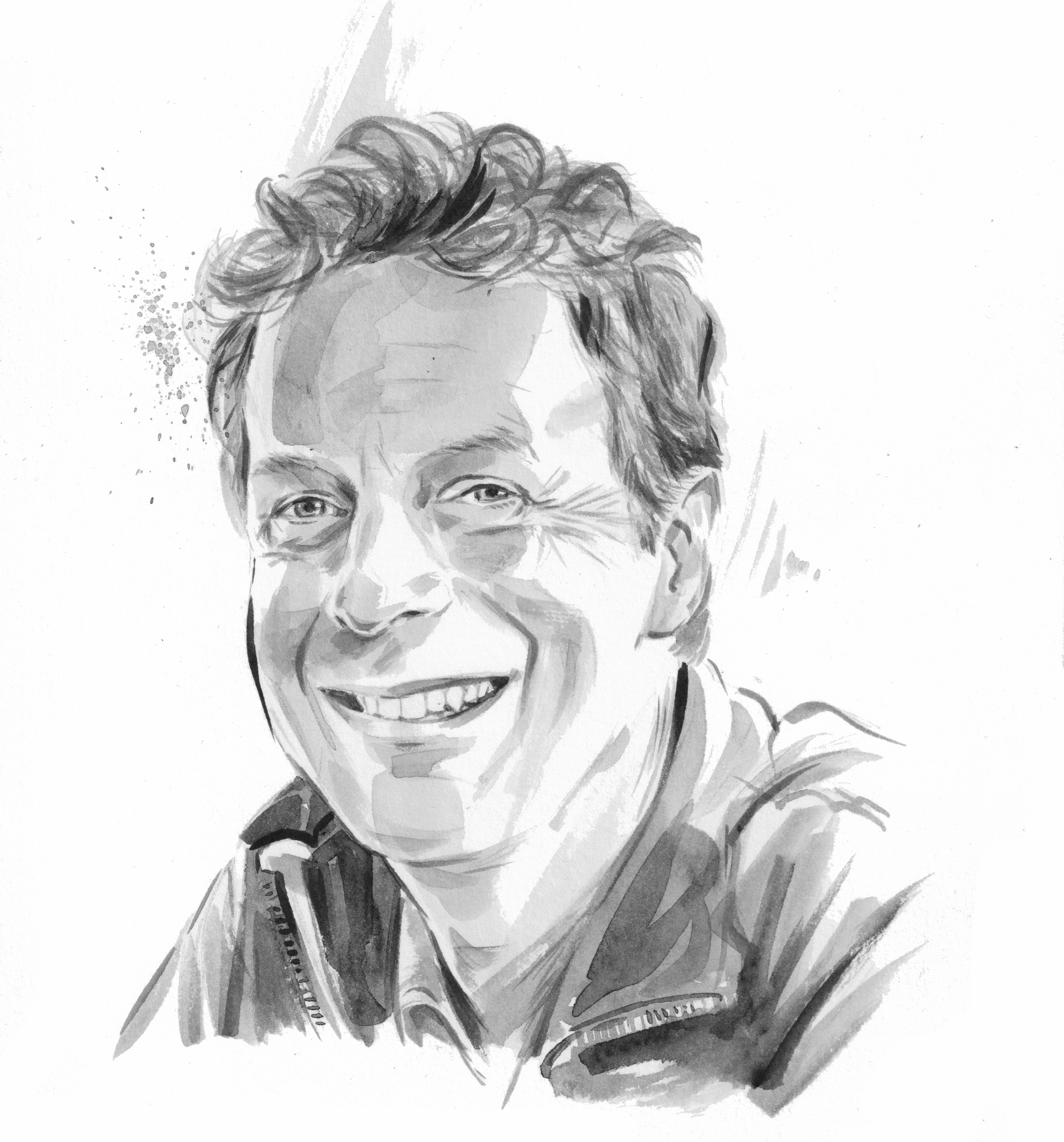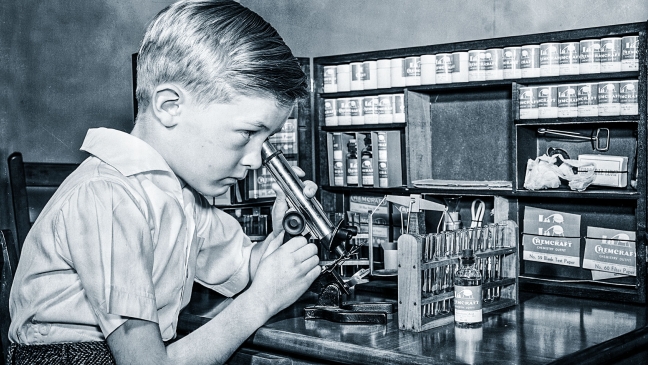Anyone who spends time in a nursery or Reception class can’t help but be struck by the children’s boundless curiosity about the world. Young children love to explore; often we describe them as natural scientists who are into everything.
However, it’s important that we don’t assume this exploration leads to the building of solid foundations in science.
I recently saw children exploring different types of fruit that had been cut up and put in a water tray. Some children were splashing the fruit into the water, others filling and emptying the spoons, and so on.
As a way of learning about fruit, this wasn’t a great success. Later in the day, the practitioner reflected that if they had thought in more detail about the learning, they would have presented it differently. If the focus had been on taste, the children might have eaten small amounts of different fruits and described what they tasted. They might have learned or consolidated their understanding of key vocabulary like sweet, sour, soft, crisp and so on.
So while we can plan and organise beautiful learning environments, children won’t simply absorb knowledge through their interactions with the materials around them. We need to be clear about what we intend children to learn through the activities we plan.
We know that guided play can be a powerful way of learning, Kayleigh Skene and others (2022) demonstrate this in their meta-analysis of the research, and this applies to science, too.
Let’s look at floating and sinking activities, as an example. These are common in the early years, but the science behind them is complex.
So, how can we make it easier to communicate the science to the children?
Well, we could simplify our objectives: focus on children pushing objects like plastic ducks under the water and then watching them bob back up again. We could introduce or consolidate vocabulary like “push” and explore how it feels to push the duck down, and let go, watching the water push the duck back up to the surface. This will help children to learn a foundational concept about forces that will continue to be relevant for as long as they learn science.
More by Julian Grenier
There is lots of other advice to lean on when it comes to teaching early science well.
For example, Marilyn Fleer, an Australian professor of early childhood education and development, developed the Conceptual PlayWorld approach to learning early science. The “PlayWorld” is an imaginary scenario created by teachers in which young children go on imaginary journeys, meet and solve challenges, and learn science, technology, engineering and maths concepts, all while playing.
In this approach, it’s important to note that practitioners’ own preparation, as well as the sensitive but challenging introduction of scientific concepts and words, are vital.
Guidance from the Te Ihuwaka Education Evaluation Center in New Zealand encourages teachers to “take a deliberate, scientific lens to the learning opportunities available”. This, the researchers say, “will support children with the opportunities to develop the knowledge, skills, dispositions, and working theories that serve as the foundation for ongoing learning in science, and for developing scientific literacy”.
Young children can’t learn key scientific ideas ‘naturally’ through their exploration and play. Instead, we need to think ahead about what we intend children to learn, and use play and exploration as a way of making key scientific concepts real to the children.
As Professor Robin Millar argues, learning science is “not the discovery or construction of ideas that are new and unknown. Rather it is making what others already know your own”.
Dr Julian Grenier is headteacher of Sheringham Nursery School and Children’s Centre. He co-leads the East London Research School






